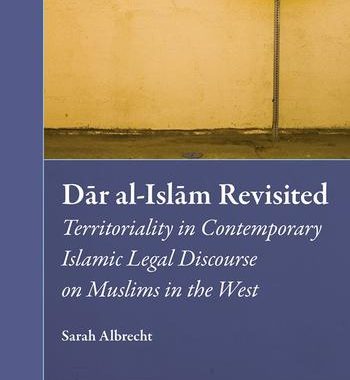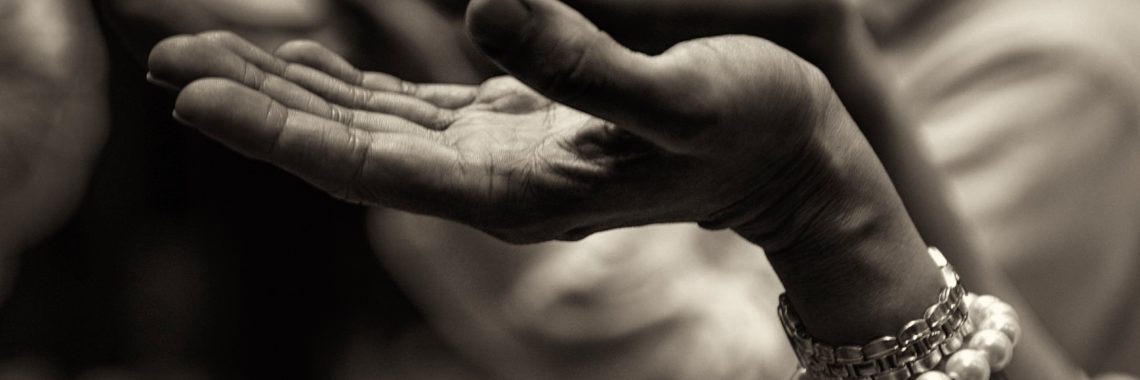“COVID-19: Why the Balance Between Freedom of Religion and Public Health Matters” by P. T. Babie & Charles J. Russo
Photo by jaefrench on Pixabay This article is part of our “Reflecting on COVID-19” series.If you’d like to check out other articles in this series, click here. As COVID-19 tightens its lethal grip on the globe, a palpable tension emerges between the authority of governmental officials in every state in the U.S. who have issued guidelines limiting social interactions to…









